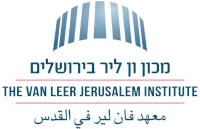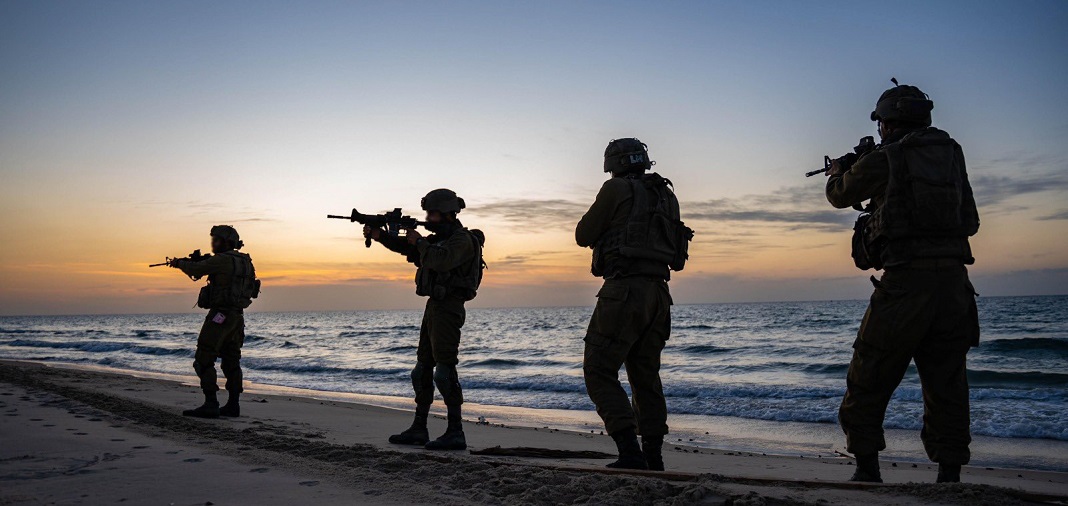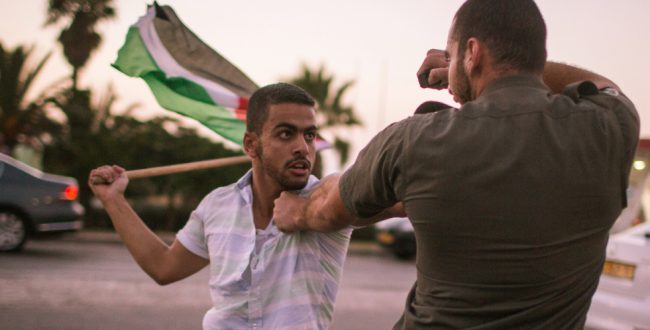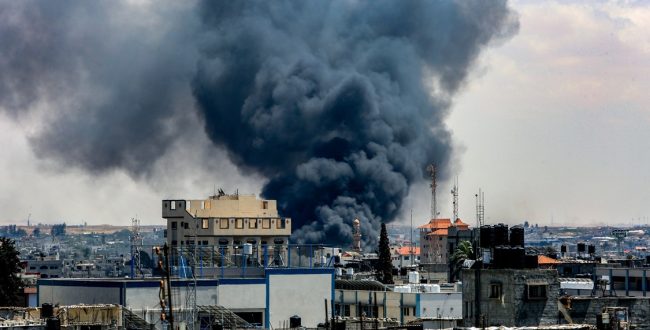Plans to B-ize the conflict and the occupied territories (i.e., Making it area B-like) is the latest trend among political centrists in Israel. This approach, which has been gaining traction particularly since October 7th, suggests a model of Palestinian self-governance with the notable exception of security control. While the specifics of these proposals vary, they generally advocate for a phased increase in Palestinian administrative powers, excluding security control, as a – usually temporary – trust-building measure. This would entail expanding Palestinian rule progressively in post-war Gaza, and potentially in parts of the West Bank by reducing the area under direct Israeli administration (Area C). However, Palestinians would not assume full security responsibilities (except for, perhaps, minor policing responsibilities).
Who then will be in charge? According to most proponents of the plan, the IDF — just like in Area B today. According to few — a military coalition of pro-western allies or an international military force. In the most comprehensive version, all occupied territory would transition to Palestinian civilian control, including areas with a minority of remaining settlers. Security would be managed by an international military coalition. This scenario, while less probable, is among the various plans to “B-ize” the occupied territories. The more conservative approach would apply solely to the Gaza Strip, with the IDF retaining security control.
This line of thought was even expressed by some in the American administration, as a preliminary solution for ‘the day after’ in Gaza. Defense Minister Yoav Galant, a Likud person, promoted this idea. Fluid and obscure as they may be, these ideas are gaining traction even within Israel’s most far-right wing government, and perhaps less surprising, amidst centrist security think-tanks too. Dr. Michael Milstein, Head of the Palestinian Studies Forum at Moshe Dayan Center of Tel Aviv University, articulated in a recent Ynet op-ed that: “The war necessitates that the Zionist enterprise delineate an attainable goal that will ensure a safe and prosperous future for Israelis, while remaining grounded in reality. Within this framework, it is imperative to advance physical separation between the two communities, while concurrently averting the existential threats inherent in full Palestinian independence”. This perspective was already promulgated before October 7th, for example by the centrist mouthpiece Ben-Dror Yemini.
Both morally and pragmatically, the trend of “B-ization” introduces a variety of risks and challenges, yet it also bears the potential for new opportunities that align with a universalist ethical framework:
The risk is that Israeli security control, often portrayed as a temporary phase of trust-building until mutual animosities subside (from the Israeli viewpoint: “until the Palestinians stop hating us”), is a misleading and deceptive arrangement for several reasons: Firstly, Israel has a history of rendering the provisional into the permanent (e.g., the occupation as a whole, the Oslo paradigm etc’). Secondly, Israel has demonstrated a propensity for exploiting security-controlled areas for expansion and subjugation (the settlements are a prime example), indicating that “security only” is a misnomer. Thirdly, Israel’s policy of fragmenting Palestinian society (especially within its own consciousness) is such that if it were to keep oppressing or discriminating a segment of the Palestinian population, for instance Palestinian citizens within the 1948 borders, it would overlook the potential for this to incite anger and unrest among the broader Palestinian community, even those who would no longer be under its control. Finally, the proposition whereby the IDF, after decades of subjugating the Palestinian people could now serve as a ‘neutral’ security force is particularly galling and somewhat naïve. For these reasons, the “B-ization” period undermines the very stability and de-radicalization it purports to foster. Nevertheless, the events of October 7th have starkly highlighted the severe threats Israelis face from Palestinians. It is also apparent that the cessation of occupation and oppression will not immediately put an end to the threats faced by Israelis (and consequently, the risks to Palestinians due to Israel’s retaliatory tendencies will be sevenfold). Studies show that peace processes that end structural discrimination, injustice, and military rule tend to decrease political violence in the long term but may not quell it in the short term. That ‘short-term’ may last a good few years (or rather bad years).
The “B-ization” model, despite its intrinsic flaws and perils, offers the most pragmatic path forward towards a political resolution and the cessation of occupation and oppression; it need not be merely a means of ‘conflict management’
In this regard, the Palestinian governing bodies clearly do not instill a sense of security, to say the least, for Israelis. Hamas harbors malevolent intentions, while the PA, though more complex, is ultimately ineffective and enjoys scant public support due to its history of collaboration with Israeli control mechanisms. Before October 7th, only a minority of Israelis were open to the idea of Palestinian security control over the territories. That number has since dwindled. Now, even international officials are sympathetic toward the Israeli fears, whilst at the same time adopting a firmer stance against the occupation and apartheid, namely, the recently imposed sanctions on violent settlers.
Thus, the “B-ization” model, despite its intrinsic flaws and perils, offers the most pragmatic path forward towards a political resolution and the cessation of occupation and oppression; it need not be merely a means of ‘conflict management’. Its most just, albeit less likely variant, would be a temporary international trusteeship: an international force assuming control over the West Bank and Gaza for a fixed, predetermined period of trust-building, establishing conditions conducive to advancing full Palestinian sovereignty, independent of Israeli discretion and focused on maintaining safety and security for all residents of the land.
This article is a translation and was first published in the joint website of the Van Leer Institute and the Forum for regional thinking.

















